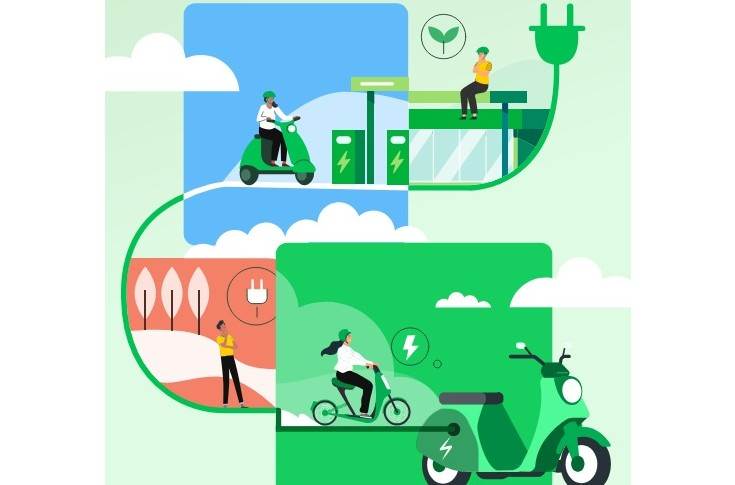Electric two-wheelers are gaining popularity in India, with adoption rates more than doubling in the past two years, and are poised to grow even further. To win in the electric two-wheeler market, vehicles require deep customisation to cater to different consumer segments, and it is critical for OEMs to focus on those demands and develop targeted offerings to meet the needs, according to a report published by the Boston Consulting Group (BCG).
BCG today published the report titled “Surging Ahead: How electric two-wheelers are rapidly gaining popularity with the diverse Indian consumer,” which examines the consumer landscape of the electric two-wheeler market in India, identifying the drivers and barriers to electric two-wheeler adoption in the market currently and highlighting imperatives for OEMs for value creation.
The report identifies demand spaces for electric two-wheelers from those seeking basic transportation to others demanding high-performance, aesthetics-driven models and wanting to earn a livelihood. “It is crucial for OEMs to understand the diversity of consumer demand spaces and to prioritise their target consumer demand spaces. OEMs need to tailor their approach to these target demand spaces with the right product offering and positioning,” the report said.
“Success in the E2W business will need a clear and nuanced understanding starting from customer needs. There is an inherent trade-off in terms of being able to meet the needs of a single segment and width of the product offering which becomes much more critical in the E2W space as compared to Internal Combustion Engine (ICE) 2-wheelers,“ BCG Managing Director and Partner, Natarajan Sankar said.
The adoption of electric two-wheelers in India has increased to 5.4 percent in 2023-24 from 1.9 percent in 2021-22. The BCG research surveyed 2,750 respondents across demographics and mobility contexts to understand consumer preferences and drivers, and found that 30 percent are actively considering electric variants for their next two-wheeler purchase.
Demand subsidy from the government has been key in driving the sales of electric two-wheelers by reducing the upfront cost. Some of the companies think that subsidy is skewed towards a particular category, due to which, many of them are not looking at other applications of electric scooters.
The report notes that it is critical for OEMs to focus on the right product strategy and positioning, catering to the varied needs of target demand spaces. Apart from prioritising the target approach, BCG says OEMs need to innovate on pricing, alternate ownership, build the right charging or swapping network, and revisit their service network approach.



